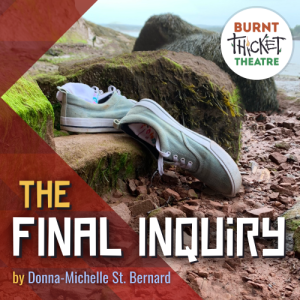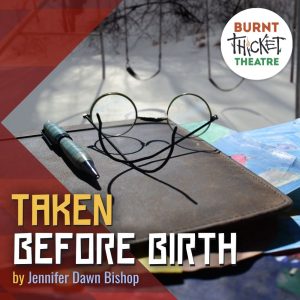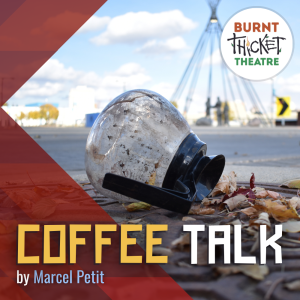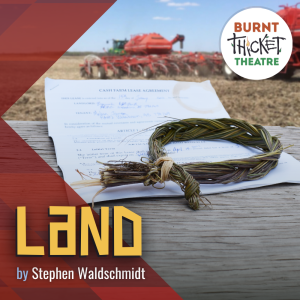We Treaty People is now playing, with 9 audio plays and 9 interviews available on demand, created by 49 Indigenous and non-Indigenous artists.
Each episode comes with suggestions from the artists for learning and taking action towards truth and reconciliation. See them all here:
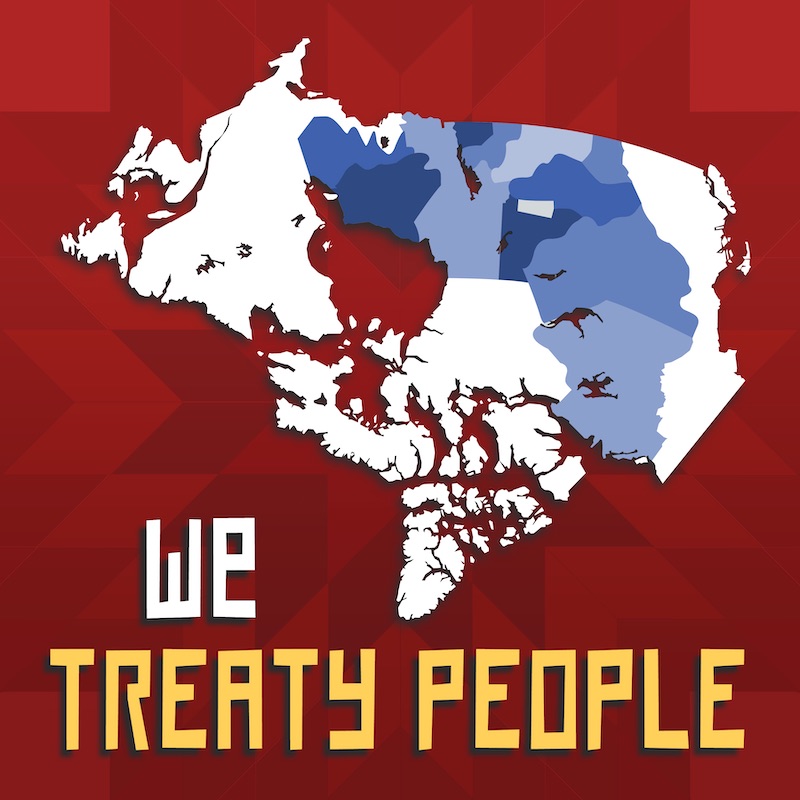
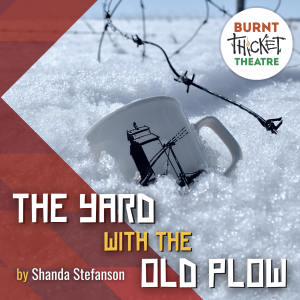 Suggestions with The Yard With the Old Plow
Suggestions with The Yard With the Old Plow
Read the book 21 Things You May Not Know About the Indian Act by Bob Joseph.
Go for a walk in a neighbourhood that is not yours and say hello to someone you don’t know.
Watch the documentary nîpawistamâsowin: We Will Stand Up by Tasha Hubbard, stream at: www.nfb.ca/film/nipawistamasowin-we-will-stand-up
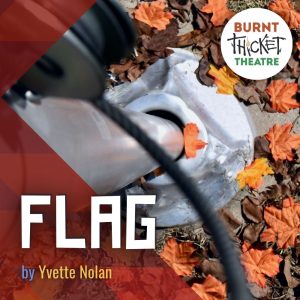 Suggestions with Flag
Suggestions with Flag
Ask a friend to join you in reading the Truth and Reconciliation Commission of Canada’s Calls To Action, then meet up to talk about what stood out to each of you and what action you will take in response: https://tinyurl.com/TRC-CallsToAction or https://nctr.ca/
Or if the Calls To Action are very familiar to you, consider doing the same with the United Nations Declaration on the Rights of Indigenous Peoples (of which Canada is a signatory): https://nctr.ca/education/teaching-resources/united-nations-declaration-on-the-rights-of-indigenous-peoples/
Explore an interactive map of former residential school sites in Canada and the search for unmarked graves: https://globalnews.ca/news/8074453/indigenous-residential-schools-canada-graves-map/
Watch the documentary series The Knowing from journalist Tanya Talaga, about her family’s eight-decade long search for family matriarch Annie Carpenter: https://gem.cbc.ca/the-knowing
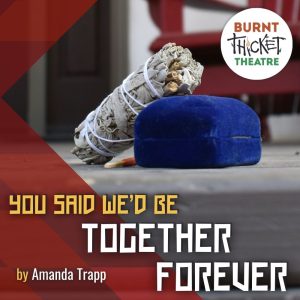 Suggestions with You Said We’d Be Together Forever
Suggestions with You Said We’d Be Together Forever
Read the texts of treaties in your part of Canada: https://www.rcaanc-cirnac.gc.ca/eng/1370373165583/1581292088522
Here’s a helpful interactive map of treaty lands across Canada, including agreements in recent years: https://www.whose.land/en/
Watch the documentary Reserve 107, about steps toward reconciliation involving the community of Laird, SK and the Young Chippewayan band: https://www.reserve107thefilm.com/
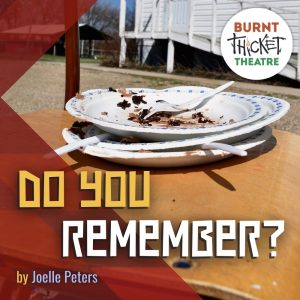 Suggestions with Do You Remember?
Suggestions with Do You Remember?
Watch Reservation Dogs, an Indigenous American teen comedy drama TV series about life on and off reserve, created by Taika Wiatiti & Sterlin Harjo: https://www.disneyplus.com/series/reservation-dogs/17MVZHUGJFZw
Attend ‘Indigenous in the City,’ a virtual and in person symposium from NAIITS An Indigenous Learning Community at Acadia University, NS, June 2-4, 2022, or consider their upcoming symposiums here: https://www.naiits.com/symposiums/
Take the Indigenous Canada online course from University of Alberta’s Faculty of Native Studies (free, 12 weeks): https://www.coursera.org/learn/indigenous-canada
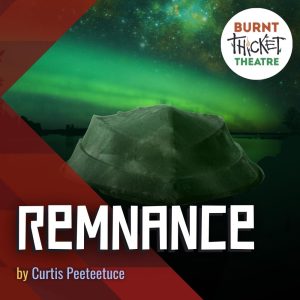 Suggestions with Remnance
Suggestions with Remnance
Read the Reconciliation Toolkit for Business Leaders from the Congress of Aboriginal Peoples, and share it with your workplace colleagues: http://www.abo-peoples.org/wp-content/uploads/2019/05/WP-Revised-Reconciliation-Toolkit_Digital_May12-compressed.pdf
Attend a National Indigenous Peoples Day celebration on June 21 in your area.
Make plans to attend an Indigenous cultural experience, powwow or heritage site this summer. Here are some options in Saskatchewan (scroll down for ideas outside SK):
- Wanuskewin Heritage Park: https://wanuskewin.com/
- Batoche National Historic Site: https://www.pc.gc.ca/en/lhn-nhs/sk/batoche
- The National Métis Veterans’ Memorial Monument at Batoche: https://www.metismuseum.ca/metisveteransmonument
- Fort Carlton Provincial Park (where Treaty 6 was signed): https://www.tourismsaskatchewan.com/provincialpark/1809/fort-carlton-provincial-park
- Fort Battleford National Historic Site: https://www.pc.gc.ca/en/lhn-nhs/sk/battleford
- Fort Walsh & Cypress Hills Massacre National Historic Sites: https://www.pc.gc.ca/en/lhn-nhs/sk/walsh
- Round Prairie Métis Museum & Cemetery (south of Saskatoon on Chief Whitecap Trail/Hwy 219)
Lists of Indigenous cultural experiences beyond SK: - Indigenous Tourism British Columbia: https://www.indigenousbc.com
- Indigenous Tourism Alberta: https://indigenoustourismalberta.ca/listing-category/attraction
- Blackfoot Crossing Historical Park: https://blackfootcrossing.ca/
- Travel Manitoba: https://www.travelmanitoba.com/things-to-do/arts-culture/indigenous-experiences
- Indigenous Tourism Ontario: https://www.indigenousexperienceontario.ca/type/cultural-experiences
- Indigenous Tourism Quebec: https://indigenousquebec.com/things-to-do
- Tourism New Brunswick: https://tourismnewbrunswick.ca/indigenous
- Tourism Nova Scotia: https://www.novascotia.com/travel-info/about-us/mikmaq-culture
- Indigenous Tourism PEI: https://www.indigenoustourismpei.com/destinations
- Newfoundland & Labrador Indigenous Tourism Association: https://www.newfoundlandlabrador.com/trip-ideas/travel-stories/indigenous-experiences-newfoundland-labrador
- Yukon First Nations Culture and Tourism: https://yfnct.ca/cultural-centres
- Northwest Territories Tourism: https://spectacularnwt.com/what-to-do/indigenous-experiences
- Parks Canada: https://www.pc.gc.ca/en/voyage-travel/experiences/autochtones-indigenous
Suggestions with The Final Inquiry
Commit to the Personal Pledge of Reconciliation created by Indigenous Corporate Training (an organization led by Bob Joseph, a Gwawa’enuk Nation hereditary chief), and share it with your friends, family and colleagues: https://www.ictinc.ca/personal-pledge-of-reconciliation-with-indigenous-peoples
Reflect on the Calls To Action from the TRC and/or the Calls For Justice from the National Inquiry into Missing and Murdered Indigenous Women and Girls (https://tinyurl.com/Calls-For-Justice) and then:
- commit to an action plan on at least one call,
- take a first step of action,
- and ask a trusted friend to hold you accountable to follow through on your action plan.
Suggestions with Taken Before Birth
Watch the video sessions from MCC Saskatchewan’s 4th Annual Peace Conference, “Land of Living Reconciliation: Seeking Common Ground”, October 21-22, 2022 in Saskatoon: https://youtu.be/NeKq4SSRDdg
Find an Indigenous art piece or performance you might not normally visit, go with a friend you don’t normally hang out with, and talk about your experience together. Here are some options in Saskatoon:
- Know Your Roots map for self-guided walks to public art and places that speak to the process of reconciliation: http://www.beaconnectr.com/map/
- Wanuskewin Heritage Park: https://wanuskewin.com/
- Gordon Tootoosis Nīkānīwin Theatre: https://www.gtnt.ca/
- Remai Modern: https://collections.remaimodern.org/search/indigenous
- USask Art Galleries: https://artsandscience.usask.ca/galleries/
Suggestions with Coffee Talk
Ask a friend to join you to volunteer your time with a community organization or school program that is led by Indigenous persons and supports Indigenous youth in your part of Turtle Island.
Explore the Métis Voices video collection of oral histories (https://www.metisvoices.ca/), or:
- The Virtual Museum of Métis History and Culture (https://www.metismuseum.ca/),
- The Métis Memories of Residential Schools online mural (https://www.muralmosaic.com/metis-memories/),
- The National Centre for Truth and Reconciliation virtual exhibits (https://nctr.ca/exhibits/),
- Or visit the Canadian Museum for Human Rights (https://humanrights.ca/).
Suggestions with Land
Ask a friend to join you to have a face to face conversation with your local government representative, MLA and/or MP. Ask them how are they working to implement the United Nations Declaration on the Rights of Indigenous Peoples Act (which became law in Canada on June 21, 2021, see: https://www.justice.gc.ca/eng/declaration/index.html).
- Also ask how are they taking action in response to the Calls To Action from the Truth & Reconciliation Commision and the Calls For Justice from the Missing & Murdered Indigenous Women and Girls Inquiry (see https://www.mmiwg-ffada.ca/final-report/).
- Set a date with them to follow up together in 3 to 6 months.
Reflect on the primary voices that inform you as a person and shape your thoughts and values. Make 4 lists:
- your closest friends;
- your mentors to whom you look for guidance;
- the teachers, authors and artists whose work you engage with; and
- the news media sources you access.
Take note of the cultural backgrounds each person or media source represents. Choose to widen those circles to include a greater diversity of voices, especially First Nations, Métis and Inuit voices. Here are 3 options for news coverage from Indigenous perspectives:
- APTN News (coverage of truth and reconciliation at https://www.aptnnews.ca/topic/trc/),
- Eagle Feather News in SK (https://www.eaglefeathernews.com/),
- or CBC News Indigenous (https://www.cbc.ca/news/indigenous).
Listen to this episode of Ideas from CBC Radio called “Injustice For All” about the Canadian legal system: https://www.cbc.ca/listen/live-radio/1-23/clip/15980674
- Learn about restorative justice and advocate for implementing its principles in your community – here’s one place to learn: https://cjiwr.com/about-us/what-is-restorative-justice/.
